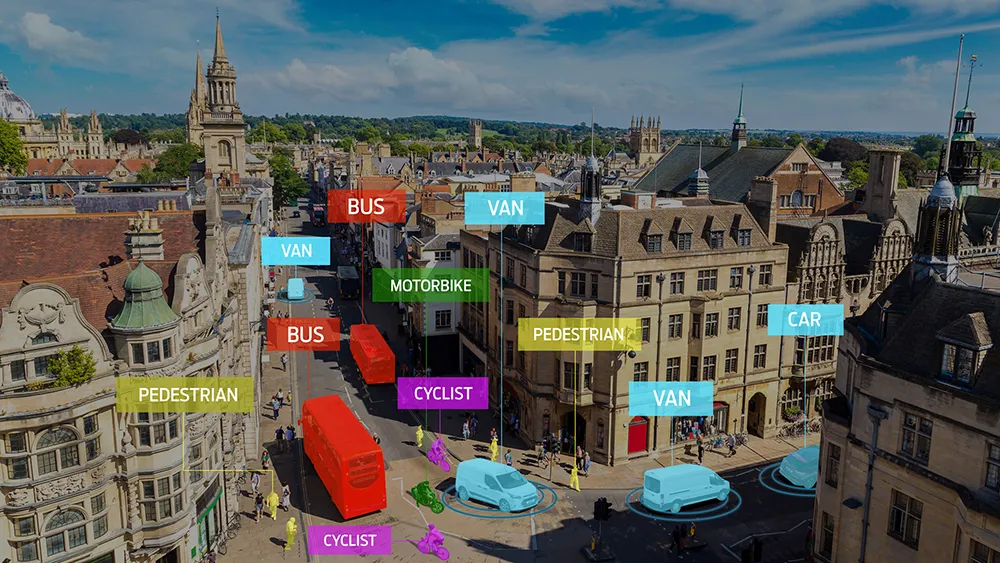
A UK-wide three-year programme that looks at decarbonising the country’s roads from inception to decommissioning has been launched.
Adept Live Labs 2 is a £30 million project from the Association of Directors of Environment, Economy, Planning and Transport (Adept).
Funded by the Department for Transport (DfT), the project asks applicants to consider decarbonisation in terms of the whole-life cycle of roads; from new construction or modifying of existing assets, their operation and maintenance, the plant and machinery used, through to decommissioning.
Deadline for submissions to Live Labs 2 is 30 September, with one-to-one support available to prospective teams during this time. A forum will be established as part of the Adept Live Labs 2 website to allow potential bidders to form consortia, share ideas and collaborate during the bid process.
As with the first Live Labs programme, local authority-led teams providing successful Expressions of Interest will be invited to present their plans to a ‘Dragons’ Den’ style panel.
The successful teams will then be funded to fully develop and cost their proposals.
“We will be looking for new approaches and partnerships with academia and the public and private sectors, an openness to creating lasting change within our organisations, and a willingness to collaborate and share learning across the transport and highways sector,” Live Labs 2 Commissioning Board chairman, Neil Gibson, said.
“I’m thrilled that Adept has launched its Live Labs 2 programme, making the most of £30 million of government funding to build truly resilient and sustainable road networks that are fit for our Net Zero future,” Transport minister Karl McCartney added.
“Creating net zero highways is a big ask, but local authorities are up to the challenge,” Adept president, Mark Kemp said. “Decarbonising local roads is essential if we are to meet net zero targets and improve air quality.”










